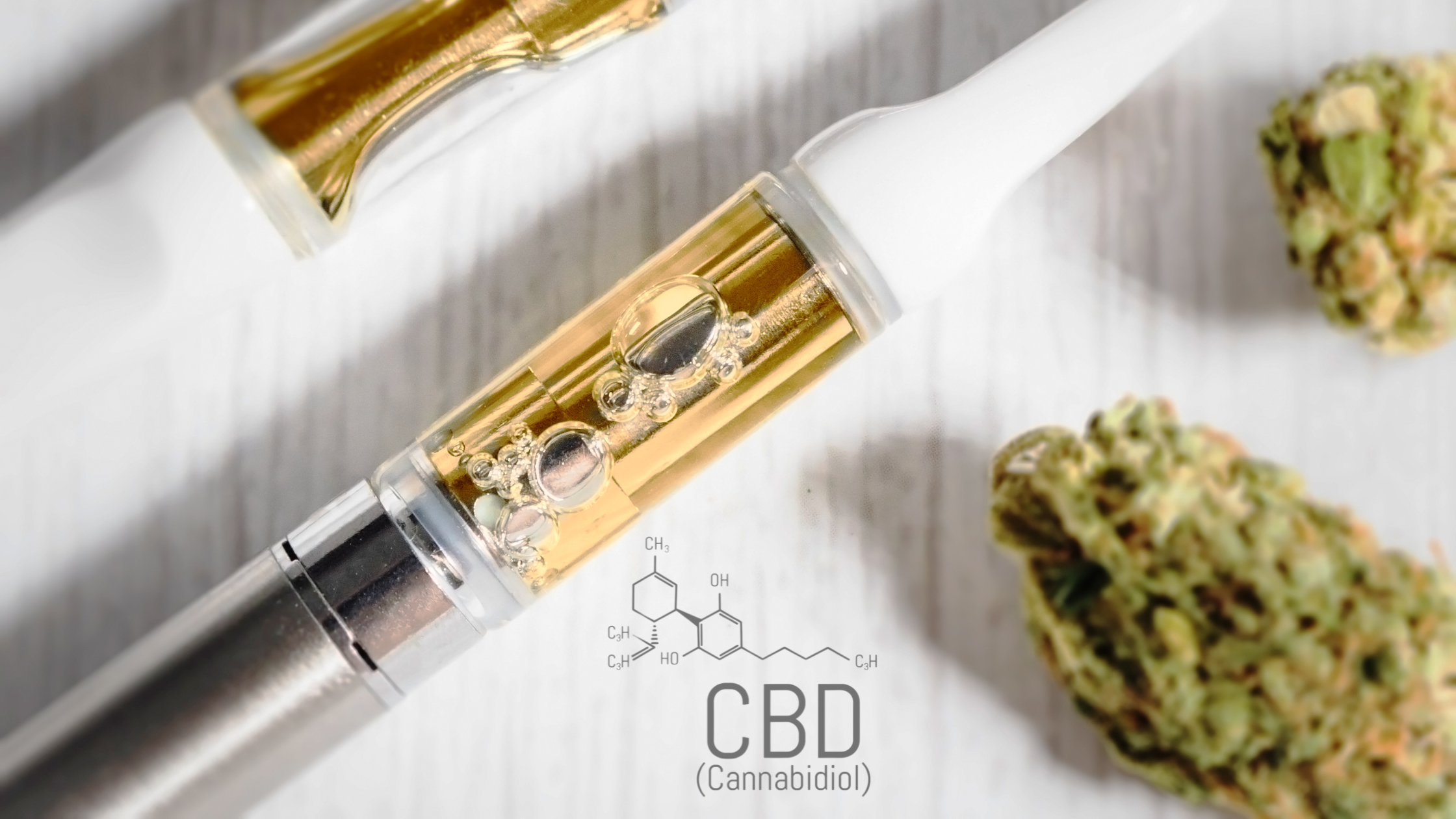Understanding THCA
As the world of cannabis expands, many users are curious about different cannabinoids and their effects. A popular question that comes up is, Does THCA get you baked? To fully understand this, we need to explore what THCA is, how it differs from THC, and what happens when you consume it. Let’s take a closer look!
What is THCA?
THCA, or tetrahydrocannabinolic acid, is a non-psychoactive compound found in raw cannabis plants. It serves as the acidic precursor to THC (tetrahydrocannabinol), the primary compound responsible for the psychoactive high cannabis users seek. In its natural form, THCA does not produce any intoxicating effects. Instead, it is known for a range of potential health benefits that are becoming more popular among consumers.
How THCA Works in the Body
THCA interacts with the body’s endocannabinoid system (ECS), which is essential for regulating various bodily functions. Unlike THC, THCA doesn’t bind effectively to the brain’s cannabinoid receptors. This is why it does not produce a high or the euphoric sensations typically associated with cannabis.
The Difference Between THCA and THC
To answer the question of whether THCA can get you baked, it’s crucial to understand how it differs from THC.
What is THC?
THC is the main psychoactive compound in cannabis. When consumed, it binds to the CB1 receptors in the brain, leading to altered mood, perception, and behavior. This binding action is what creates the classic “high” that many users look for.
Psychoactive Effects of THC
THC is well-known for its psychoactive effects, which often include feelings of euphoria, relaxation, and an increased appetite, famously known as “the munchies.” Because THC binds directly to the brain’s cannabinoid receptors, its effects are immediate and more pronounced compared to THCA.
Can THCA Get You Baked?
Now that we’ve covered the basics, let’s get to the heart of the matter.
Smoking vs. Raw Consumption
Whether or not THCA can get you baked depends on how it is consumed. When you smoke or vaporize cannabis containing THCA, the heat triggers a process called decarboxylation. This converts THCA into THC, allowing you to experience the psychoactive effects that result in getting “baked.”
In contrast, consuming THCA in its raw form, such as through juicing raw cannabis leaves or eating fresh buds, will not produce any psychoactive effects. This is because the THCA has not been decarboxylated and remains non-psychoactive.
The Decarboxylation Process
Decarboxylation is the chemical process that occurs when cannabis is exposed to heat. When THCA is heated, it loses a carboxyl group (COOH), converting into THC. This process occurs at temperatures above approximately 220°F (104°C). Lighting a joint or using a vaporizer activates this transformation, allowing you to experience the psychoactive effects of THC.
Benefits of THCA
Even though THCA won’t get you baked in its raw form, it offers several potential health benefits.
Therapeutic Properties
THCA is studied for its anti-inflammatory, neuroprotective, and anti-emetic (anti-nausea) properties. These characteristics make it a popular choice for individuals looking to relieve chronic pain, inflammation, and nausea without the psychoactive effects of THC.
For example, those undergoing chemotherapy may find THCA beneficial for managing nausea, while those with conditions like arthritis may appreciate its potential anti-inflammatory effects.
Non-Psychoactive Effects
One of the major benefits of THCA is that it allows users to enjoy the therapeutic properties of cannabis without the high. This makes it ideal for individuals who want to maintain their focus and cognitive function throughout the day.
User Experiences with THCA
Anecdotal evidence can shed light on how THCA affects different individuals.
Anecdotal Evidence
Many users report positive experiences with THCA, especially when it comes to managing inflammation and nausea. However, these experiences can differ based on the strain and method of consumption.
For instance, users who consume raw cannabis often report feeling more energized and focused. In contrast, those who smoke cannabis and convert THCA to THC experience the psychoactive effects.
Research Insights
Although research on THCA is still in its early stages, initial studies suggest that it holds promise for various therapeutic applications. The growing interest in cannabinoids has encouraged scientists to investigate their full range of benefits and effects.
Risks and Considerations
While THCA is generally safe, it’s essential to consider potential risks related to different consumption methods.
Is THCA Safe to Consume?
THCA is considered safe when consumed in its raw form. However, the safety profile can change based on the consumption method. Smoking or vaporizing cannabis, whether it contains THCA or THC, can introduce harmful byproducts into the lungs. For those concerned about respiratory health, alternative methods such as vaporizing at lower temperatures or using edibles are recommended.
Potential Side Effects
Although THCA itself does not produce a high, users should be aware of potential side effects associated with consuming cannabis:
- Coughing or Throat Irritation: Smoking can irritate the respiratory system.
- Increased Heart Rate: Users sensitive to THC may experience a faster heart rate when consuming decarboxylated THCA.
- Temporary Cognitive Impairment: Smoking THCA, which converts to THC, may lead to short-term memory effects.
Monitoring your body’s response and moderating your intake can help minimize these side effects.
Alternative Consumption Methods
If you’re interested in enjoying THCA without smoking, there are plenty of other options!
Vaping THCA
Vaping is a popular alternative to smoking that provides a smoother experience while still allowing for the conversion of THCA to THC. Many vaporizers come with precise temperature control, making it easier to activate THCA without producing the harmful byproducts of combustion.
Edibles and Tinctures
THCA can also be incorporated into edibles or tinctures. When preparing edibles, apply enough heat to convert the THCA to THC while maintaining its beneficial properties. This method offers a longer-lasting effect and doesn’t require inhalation.
User Experiences with Alternative Methods
Many users who try alternative consumption methods report varying effects. Edibles, for example, provide a more gradual onset and longer-lasting experience, allowing for easier dosage management and reducing the risk of overconsumption.
Conclusion
So, does smoking THCA get you baked? Yes, but only because the heat converts THCA into THC, producing the psychoactive effects associated with cannabis. While THCA itself does not produce a high, it offers valuable therapeutic benefits, making it appealing for those seeking relief without intoxication. Whether you choose to smoke, vape, or try edibles, understanding how THCA works can help you make informed choices about your cannabis use.
Frequently Asked Questions
Can THCA get you high?
No, THCA is non-psychoactive unless it is heated and converted to THC.
What are the health benefits of THCA?
THCA may provide anti-inflammatory, neuroprotective, and anti-nausea effects without causing a high.
How can I consume THCA safely?
You can consume THCA raw in salads or smoothies, or use heating methods like smoking or cooking to activate THC.
Is THCA legal?
Yes, THCA derived from hemp is generally legal, but always check local regulations for compliance.
How long does THC stay in your system after consuming THCA?
THC can remain in the body for several days to weeks, depending on factors like usage frequency and metabolism.

